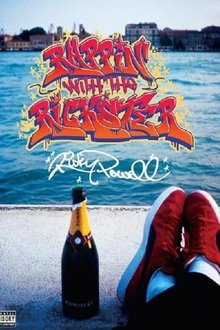The fantastic story of how an ancient martial art, Chinese kung fu, conquered the world through the hundreds of films that were produced in Hong Kong over the decades, transformed Western action cinema and inspired the birth of cultural movements such as blaxploitation, hip hop music, parkour and Wakaliwood cinema.
Related Movies

The Arrival of a Train at La Ciotat (1896)
A group of people are standing along the platform of a railway station in La Ciotat, waiting for a train. One is seen coming, at some distance, and eventually stops at the platform. Doors of the railway-cars open and attendants help passengers off and on. Popular legend has it that, when this film was shown, the first-night audience fled the café in terror, fearing being run over by the "approaching" train. This legend has since been identified as promotional embellishment, though there is evidence to suggest that people were astounded at the capabilities of the Lumières' cinématographe.
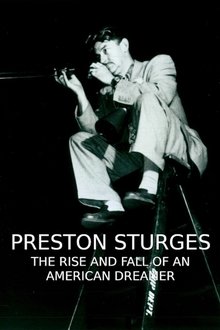
Preston Sturges: The Rise and Fall of an American Dreamer (1990)
Documentary about the life and work of film director Preston Sturges.

Hitlers Traum von Micky Maus - Zeichentrick unterm Hakenkreuz (1999)
The order comes in the summer of 1941 from propaganda minister Joseph Goebbels himself: The best animators are summoned to Berlin. Their task: Producing feature-length cartoons in ‘Disney-Quality’ with the newly founded ‘Deutsche Zeichenfilm GmbH’. To get trained, the Disney movie “Snow White” is re-traced frame by frame. After the final victory, one new feature-length production of quality shall be released every year from 1947 onwards. – that is the plan. Only in 1943, the first production is completed: “Armer Hansi” a 17-minute-long colour movie, realized with the effortful Multiplane-technology. The second film by the ‘Deutsche Zeichenfilm’ is only completed in 1946 – by DEFA. In the territories occupied by Germany, cartoons are produced as well, sometimes harmless ones, sometimes propagandistic ones. With excerpts from animated movies, life-action film documents, and witness reports by contemporaries, this documentary draws a picture of the cartoon production in the third Reich.

Ed Wood (1994)
The mostly true story of the legendary "worst director of all time", who, with the help of his strange friends, filmed countless B-movies without ever becoming famous or successful.
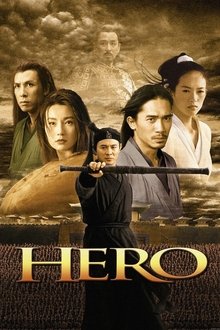
Hero (2002)
During China's Warring States period, a district prefect arrives at the palace of Qin Shi Huang, claiming to have killed the three assassins who had made an attempt on the king's life three years ago.

Black Moon - Behind The Moon (2004)
Go backstage, on the road and inside the studio with group members Buckshot, 5FT & Evil Dee. Exclusive concert performance footage of Black Moon with Sean Price, Cocoa Brovaz, Starang Wonduh & more, in high quality audio. Get a personal tour of the infamous DJ Evil Dee's hometown - Brooklyn, NY. Then Buckshot takes you live on the radio from the airwaves of Miami to LA and everywhere in between.

Boot Camp Clik - From The Front Lines (2000)
From the legendary House of Blues in LA to SOB's in NY and everywhere in between like Chicago, Colorado, Toronto and all over the globe. Come experience life on the road through The Lyricist Lounge Tour & Ecko Canadian Concert sSeries with the members of the Boot Camp Clik. Buckshot, Cocoa Brovaz, Sean Price, Starang Wondah & OGC's give you an exclusive pass into their world of Hip Hop. On this adventure Shucky Ducky takes over BET's "106 & Park" and the characters of Boot Camp run into a bunch of friends including Dave Chappelle, Mos Def, The Clipse, Nate Dogg, Talib Kweli. Styles P, 50 Cent, Fear Factor host Joe Rogan and many more.

Digital Underground - Raw & Uncut (2004)
In 1989, the face of Hip-hop music was changed with the arrival of the Original Big Nosed Rapper, a.k.a. Humpty Hump. Along with fellow members Shock-G, Money-B and DJ Fuze, Digital Underground made their mark on the rap game and are recognized as true
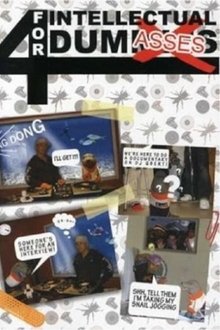
DJ Q-Bert - For Intellectual Dumasses (2007)
Watching DJ Q-Bert in action is witnessing history in the making. "DJ QBert for Intellectual Dummies" is a delightful behind-the-scenes journey with one of the most influential DJs of all time. From Vestax and Apple Computer, to the Sundance Film Festival, QBert is leaving no place on the planet earth untouched by his talent, vision, dedication, and humor. For the decades, DJ QBert and business partner Yogafrog have traveled the world and unified this young industry; sharing it, shaping it. Today they have propelled it light-years into future with the invention of the QFO... arguably the defining icon in showing the world that the turntable is a musical instrument and will continue to outsell guitars. Woven with personal interviews and previously unseen footage, watch the eccentric life of QBert as he makes his way through the world one scratch at a time and experience the unequivocal skill one man can possess literally in his fingertips...
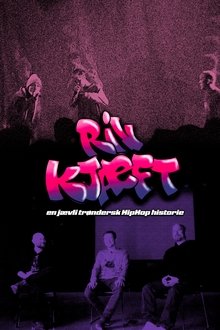
Riv Kjæft (2025)
Fremmed Rase is the rap group that burst out of Trøndelag in the early 2000s, and took the country by storm with playful rhymes, tough beats and explicit vocabulary. “Riv Kjæft” is an adventure about ups and downs from 1997 to 2025, a group with a completely unique legacy, and not least: real, "trøndersk", HipHop.

Functional Karate by Takayuki Kubota (2003)
A legend in the martial arts and law-enforcement communities, Takayuki Kubota demonstrates his self-defense system for armed and unarmed attacks in this instructional video.
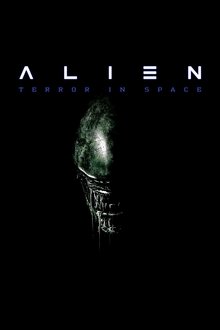
Alien: Terror in Space (2025)
A retrospective look at the global impact of Alien, the science fiction and horror masterpiece directed by British filmmaker Ridley Scott in 1979, exploring the origins of its unique aesthetic and the audacity of its screenplay.
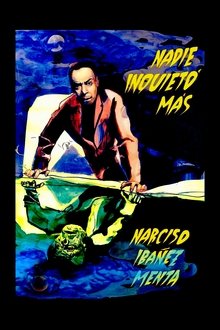
Nadie inquietó más (2008)
A peculiar, meticulous, vocationally archeological account of the professional life of the actor, Spanish by birth, Argentinean by adoption, Narciso Ibañez Menta (1912-2004), spiritual disciple of Lon Chaney, the new man of a thousand faces, master of horror, star of Argentinean theater, cinema and television for decades.

The Fiend (2011)
Joe wants to be a rapper. Max wants to be a filmmaker. They go to a secluded house in rural Virginia to document the production of Joe's demo CD. But what begins as a funny music documentary turns into a film about Joe's harrowing battle with a self-destructive alter-ego.

Misery Loves Company (2003)
A documentary presenting the behind the scenes of Rob Reiner's classic "Misery", with Reiner himself, Kathy Bates, James Caan, Frances Sternhagen, writer William Goldman, Barry Sonnenfeld (the film's cinematographer) presenting their views on the film years later of its release and the impact "Misery" had in their professional lives.
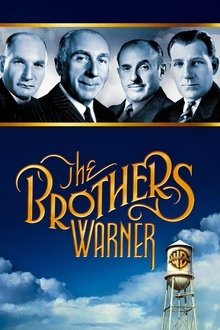
The Brothers Warner (2008)
An intimate portrait and saga of four film pioneers--Harry, Albert, Sam and Jack who rose from immigrant poverty through personal tragedies persevering to create a major studio with a social conscience.
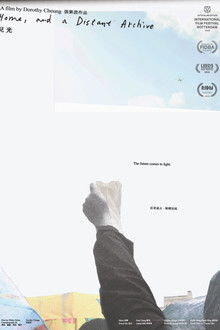
Home and a Distant Archive (2021)
A poetic, experimental portrait of four Hong Kong women in London working to digitise records of the handover agreement between the United Kingdom and China. Impressionistic and precise, personal and expansive, Cheung's elegant, eloquent work decodes history and how politics are enacted.
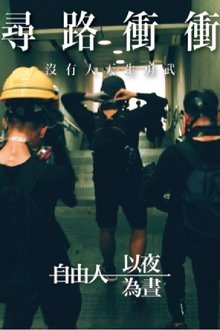
Age of Valiant (2020)
At the forefront of most of Hong Kong's demonstrations, 'frontliners' (aka 'the valiant', yung mo in Cantonese) are the black-clad, masked, often armed youth willing to use violence against the HK government and its heavily-armed police force. Willis Ho's remarkably revealing doc approaches from the inside, giving them voices and offering understanding, not judgment.
